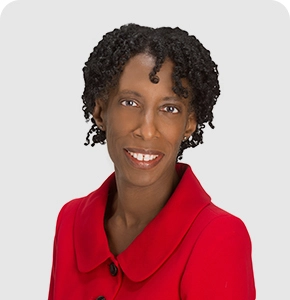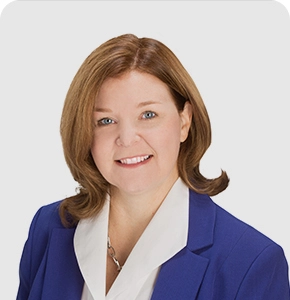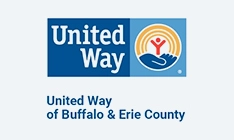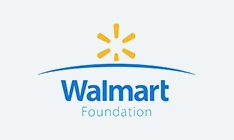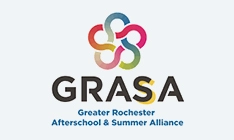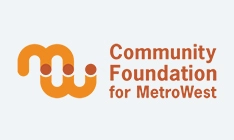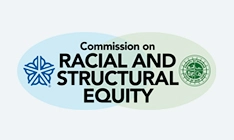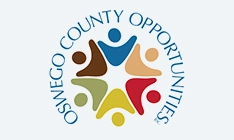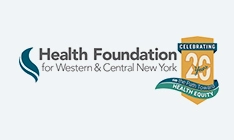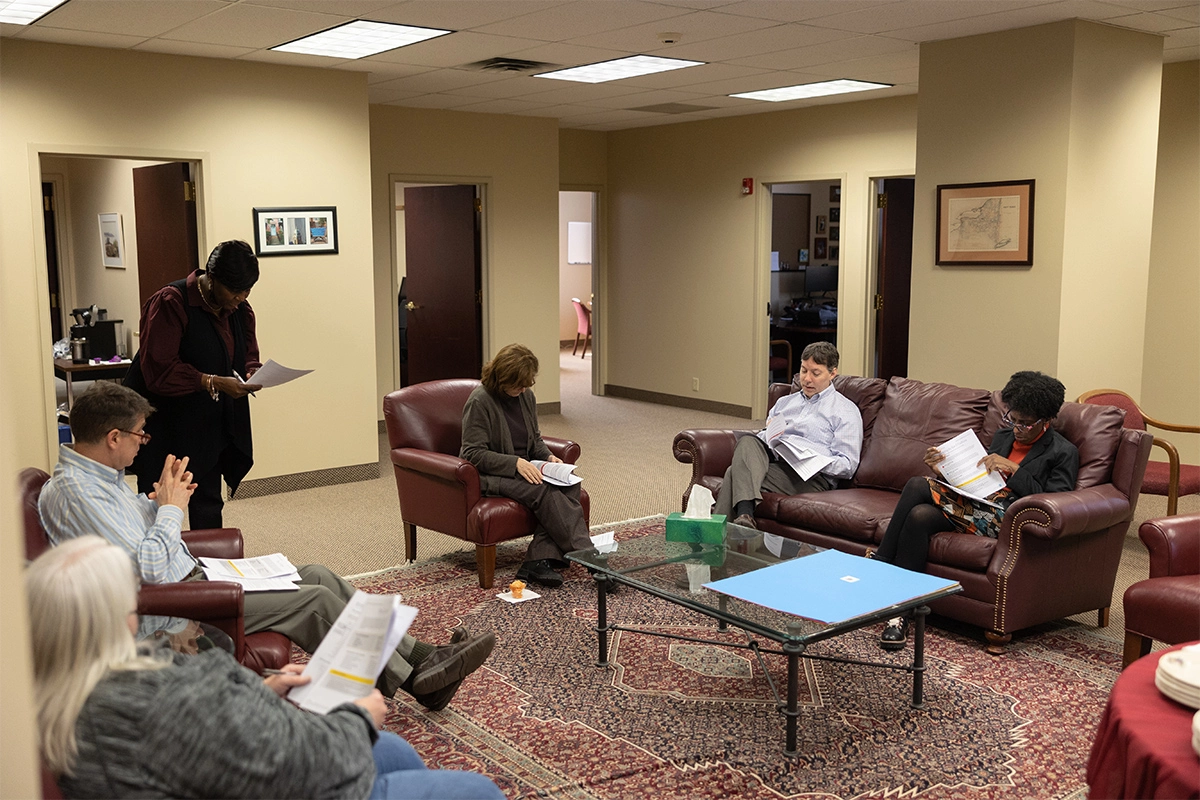
Solutions to complex problems often require multiple perspectives. And sometimes we fail to consult those who know the problem best – the clients, employees or community members. In our projects, CGR works to include all relevant constituents, not as a box-checking exercise, but because we value input from those most affected by a problem, issue or policy. Whether it’s talking with parents about the afterschool needs of their children, consulting firefighters and EMS workers about how they do their jobs, or gathering feedback from employees for a strategic plan, we believe in engaging respectfully and purposefully with those most impacted by the projects we undertake. We love to work with partners in communities to ensure we reach diverse populations, and we believe in compensating both organizational partners and session participants for their time and effort. We are proficient in running public meetings, focus groups, and other engagement sessions both virtually and in person, and in leading community-based participatory research processes.
Featured Work
Racial and Structural Equity Commission
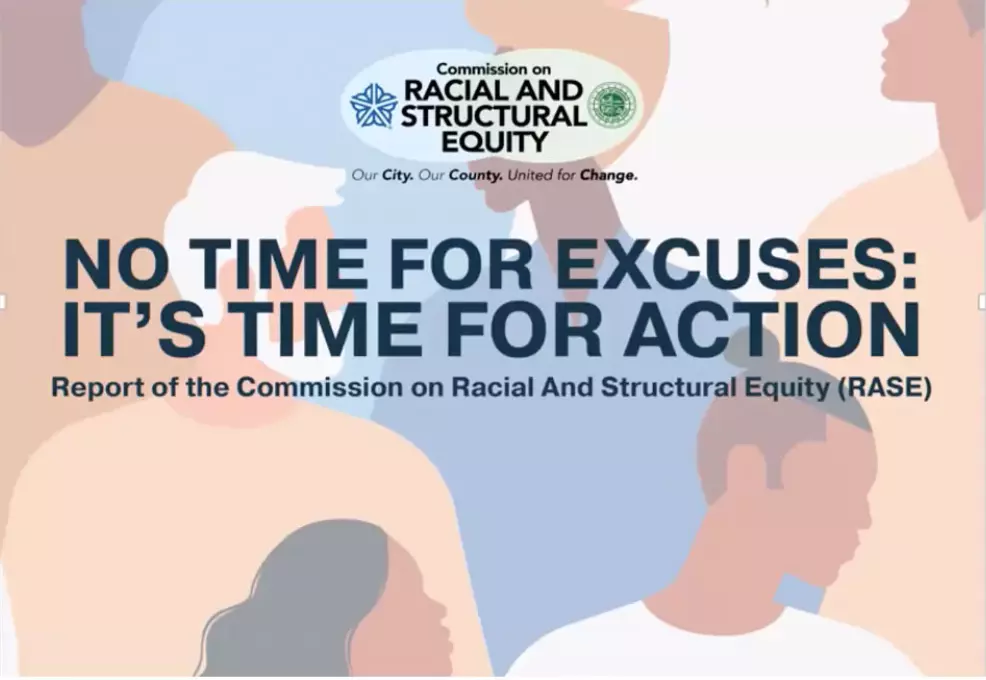
CGR supported the work of the Racial and Structural Equity Commission of Rochester and Monroe County, a 24-member body appointed by Rochester Mayor Lovely Warren and County Executive Adam Bello to inventory and assess local laws and policies to recommend ways to eliminate institutional and structural biases, racism and inequities. CGR worked as a research and analysis backbone for the Commission, providing data and policy analysis, and facilitating stakeholder input to investigate each of the areas represented by each of the Commission’s 9 Working Groups: Business Development, Criminal Justice, Education, Healthcare, Human Services, Housing, Job Creation, Mental Health and Substance Abuse Services, and Policing. Engaging in community-led research, CGR documented findings, assisted in researching and developing recommendations, and ultimately compiled the Commission’s work into its final report, which is available at https://rocrase.com/. The commission report has led to the creation of a county-level Minority- and Women-Owned Business Certification designed to expedite the certification of local businesses, one among several recommendations that have been implemented as others continue to be explored.
Creating a Coordinated and Equitable Out-of-School Time System
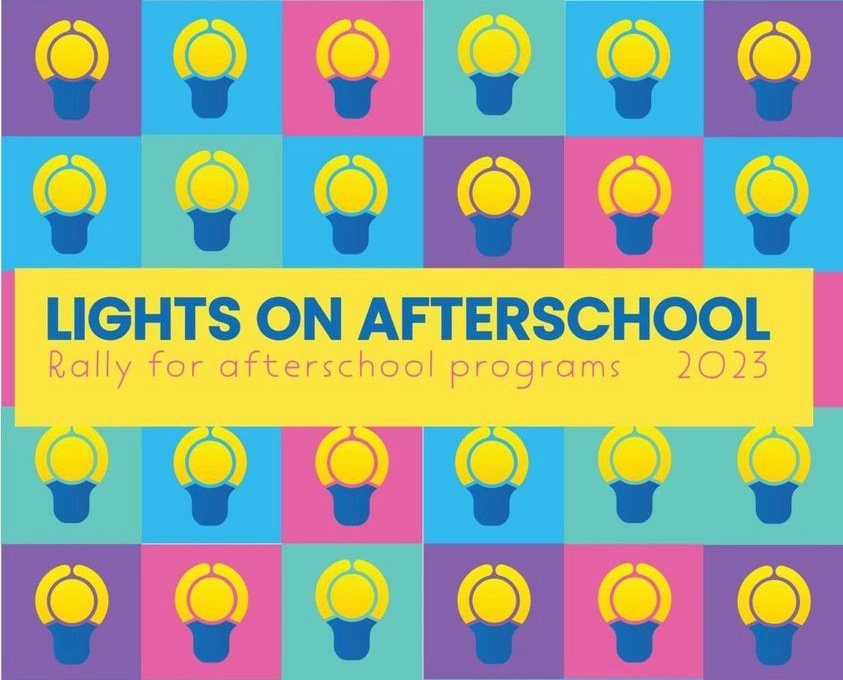
CGR worked with the Greater Rochester Afterschool and Summer Alliance to research and create a plan for a coordinated, equitable out-of-school time (OST) system in the Rochester region. Afterschool and summer programs can be critical in engaging youth in productive and inspiring programs, imparting social-emotional skills, building resiliency, and nurturing interests and passions. Over the course of this 2-year effort and in partnership with the RAND Corp., CGR facilitated a Community Advisory Group to engage in the research and interpret findings, leading to the creation of a set of community priorities and action plan for the next 5 years. To accurately capture the needs and perspectives of youth and families, we worked with a subcommittee of the Advisory Group to apply participatory research practices and design outreach activities at community-based venues. Methods employed have included pop-up interview and surveys at community-based venues and events, focus groups with youth and parents, and interviews and surveys of-out-of-school-time providers.
City of Newton, MA Community Needs Assessment
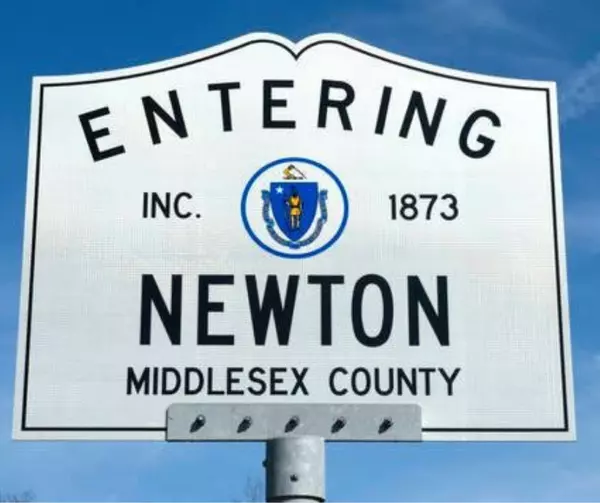
The City of Newton, MA, engaged CGR to conduct a Community Needs Assessment to inform its plans for investing its American Rescue Plan Act (ARPA) allocation. Designed to gather feedback from those most impacted by the COVID pandemic, CGR sought input via a multi-lingual survey, targeted focus groups with lower-resourced, traditionally marginalized communities, and meetings with non-profit leaders, elected officials, and direct service City staff. CGR found that the pandemic had a disproportionate impact on people of color in Newton, led to substantial challenges with income and managing household expenses, and negatively affected people’s mental health and well-being. The report includes findings broken out by participant income, principal language spoken, family status, age, and racial/ethnic categories. The rank order of these needs varied slightly by demographic category but generally the most pressing challenges faced by lower-resourced Newton community members are housing costs and financial hardship/loss of income, followed by child care and health & wellness. CGR recommendations include balancing short-term immediate support to individuals with piloting new programs aimed at long-term stability for households, adapting approaches for specific populations such as immigrants and those who speak English as a second language, and continuing to engage with under-resourced Newton residents.
Oswego Poverty Reduction Needs Assessment
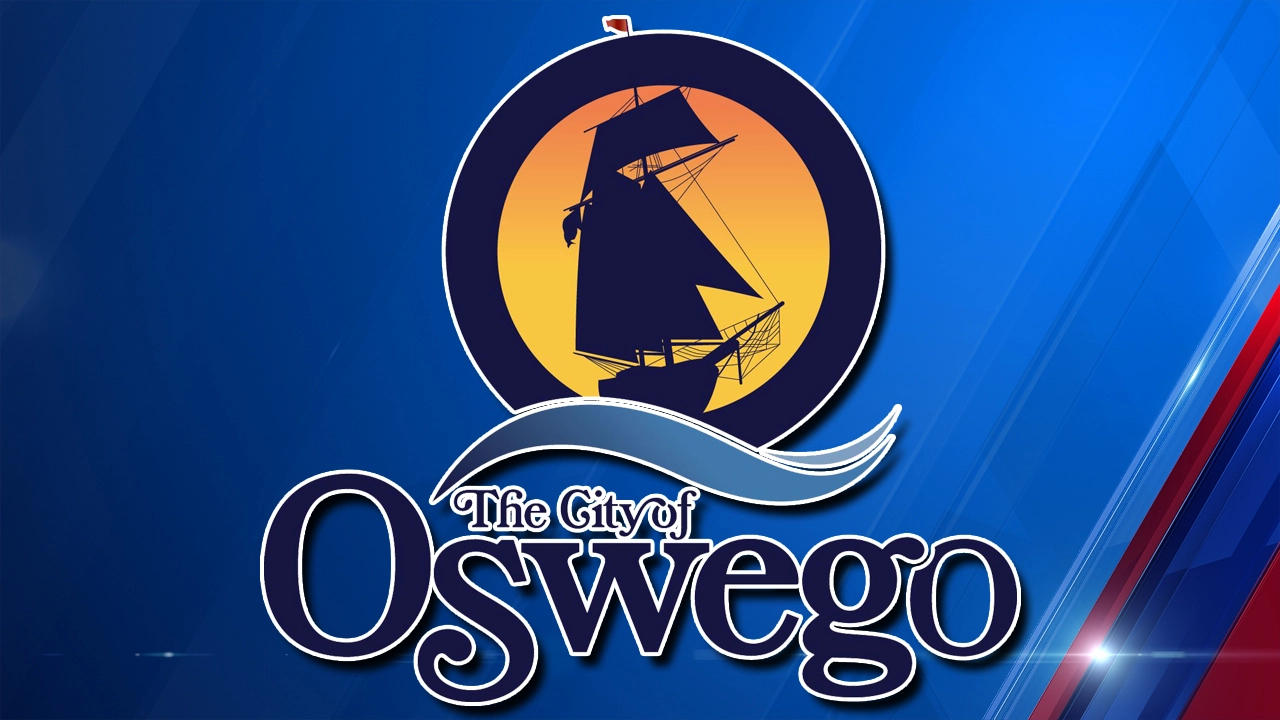
CGR was engaged by Oswego County Opportunities (OCO) and the City of Oswego in 2016-17 to complete a comprehensive needs assessment about the state of poverty in the City of Oswego to inform a work plan aimed at reducing the prevalence and impact of poverty. This included a review of housing, among other focus areas.
The City was one of 16 communities in New York that received funding under ESPRI, which aims to identify and support locally developed anti-poverty efforts. Oswego’s effort is being led by LIFT (Learn, Identify, Focus and Transform) Partners, which encompasses about 40 community leaders, service providers and residents. CGR’s assessment encompassed data collection and analysis, stakeholder interviews and focus groups (including many with low-income residents), a scan of effective approaches nationwide to combating poverty, and a survey of LIFT Partners to gather perspectives on poverty and information about programs and services available in the community to help low-income residents. It also included a number of recommendations to support low-income Oswego residents and help them become more economically secure.
An Examination of Buffalo's Youth Employment System: An Inventory of Opportunities, Gaps and Best Practices
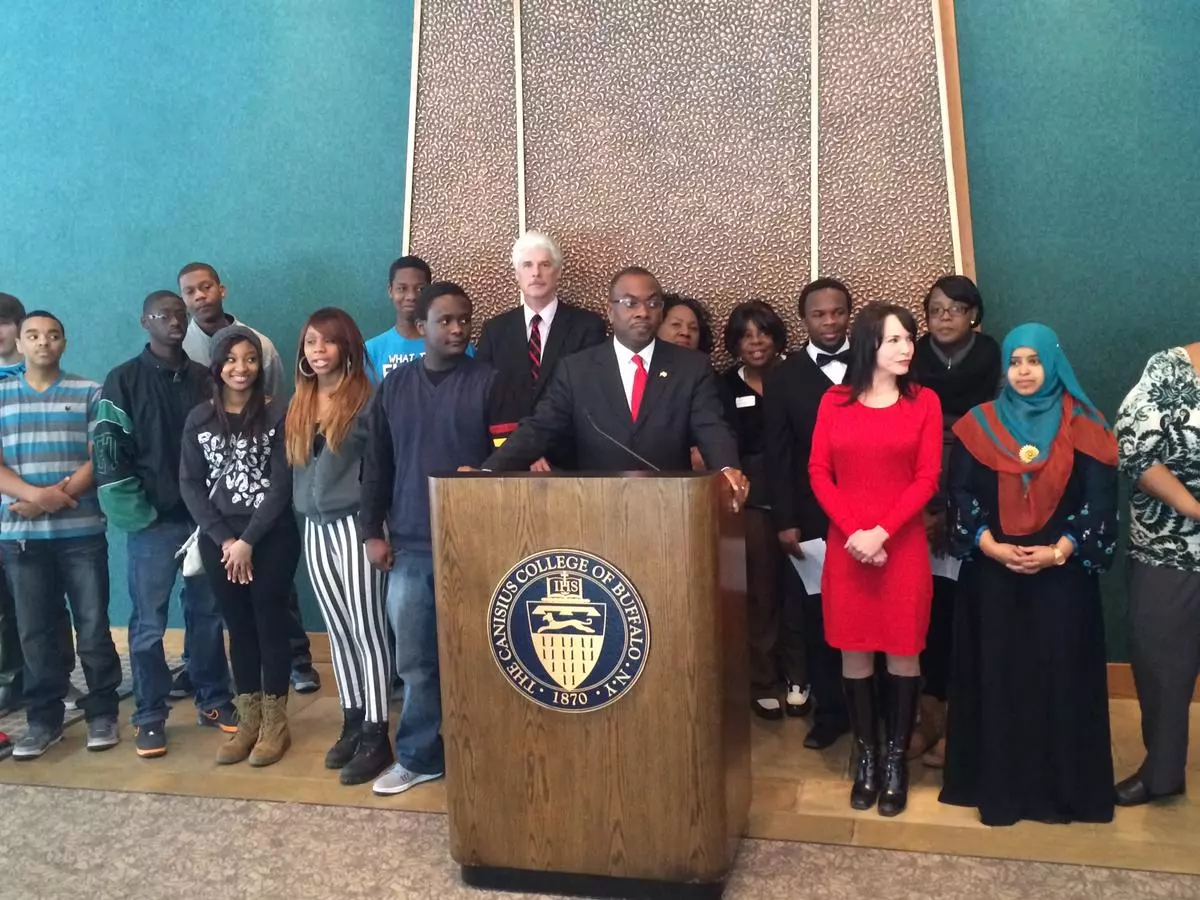
The Community Foundation for Greater Buffalo, Buffalo Mayor Byron Brown, the Buffalo Niagara Partnership, Say Yes Buffalo and the John R. Oishei Foundation commissioned CGR (Center for Governmental Research) to document Buffalo’s youth employment landscape to inform efforts to improve opportunities for youth (14-21), especially youth of color. CGR compiled data and perspectives from youth employment providers; conducted two focus groups with youth, including those who had and had not participated in youth employment programs; researched best practices and emerging approaches in youth employment; and worked with Buffalo-area stakeholders to select three cities (Cleveland, Philadelphia and Seattle) for more in-depth research. An inventory of Buffalo’s youth employment providers that CGR created from data gathered from workforce agencies, K-16 institutions and community organizations shows that approximately 13,000 youth of color (mostly African American) are served. These programs provide a range of services including educational, vocational training and wraparound supports to help youth as they prepare to obtain postsecondary and work opportunities. New York State is the primary funding source for youth employment efforts in the city. Providers and institutional stakeholders characterize the current state of youth employment programs as uncoordinated, siloed and in need of improvement, with some saying it has a racially biased impact in that youth of color with less access to social networks are not well served. As Buffalo works to create a more coordinated youth employment system, evidence from the three cities CGR profiled and best practices research suggest that they should focus on establishing a convening entity that coordinates work across sectors and actors in the youth employment arena; policy changes that facilitate cross-sector funding and practice; sharp attention to racial equity; and align funding strategies.


